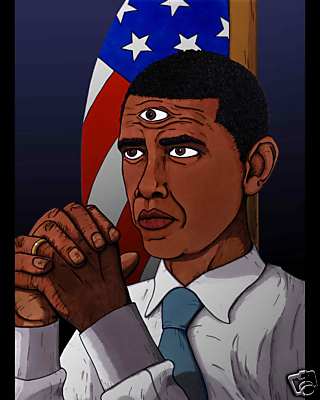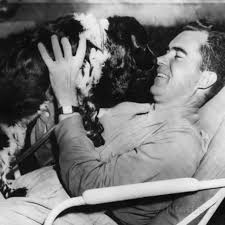LBJ and civil rights
Sunday, October 7th, 2007An old man (relatively recently deceased) I conversed with somewhat over the Internet once suggested that he has argued with black Americans that they oughta all hang one giant picture of Lyndon Johnson in their houses for all he did for them, in doing the legislative legwork that brought about the Civil Rights Acts of 1957, 1964, and 1965. I found it a somewhat patronizing statement, but at the same time it sort of raised for me the question of how one relates to the cynical and duplicitious politicos and the incorrigible system they can’t help but promote by being a part of — indeed, an integral cog in the machinery.
I placed this book on a half revamped sidebar book link. (Have to change those things every so often.) It is an important book, and offers much by way of our nation’s political history. Several months ago I did read a blogger, I believe at the washington monthly blog, rail against it saying he’s tried to read it, and asking who the heck could actually read this — as it runs into the minutiae of the Senate at the mid-point of the last century. Maybe it might be a little dry, but there is no other way. But feel free to skip the first thousand pages or so and go to the final 400 pages, which is the most important — how Johnson manuevered a civil rights act through the Senate in 1957.
Understand, Lyndon Johnson came to the position of Senate Majority Leader by toadying up to the Southern Dixiecrats. Senator Russel, the baron of the Southern Caucus, ended with the goal of making Johnson president, to redeem the Southland. Hence, his allowance for Johnson to pass a civil rights act. So long as it didn’t mean anything.
So Lyndon Johnson thread the needle very finely in pushing a civil rights act with the tacit approval of the 22 Filibuster and delay obstructionist happy Southern Caucus. (The two Senators from Tennessee — Gore and Kefauver — broke the mold.)
But, by way of showing the cynicism and duplicity of Lyndon Johnson, it is important to note that he set up the system that forced the very fine needling, from the review in The Nation of this book:
Johnson’s first maneuver was to help defeat an effort by Republicans and liberal Democrats to rewrite Senate Rule 22 in order to short-circuit the expected Southern filibuster. At the opening of the 1957 session, pro-civil rights senators sought a ruling from Vice President Richard Nixon, acting in his capacity as the Senate’s presiding officer, that the Senate was not a continuing body and therefore was not bound by previous rules. That would mean that a majority of senators could establish a new rule allowing debate to be shut off with only a simple majority, not the usual and nearly unobtainable sixty-four votes. Indeed, Nixon, hoping to swing black votes to the GOP, would have issued such a decision. But before he could do so, Johnson used his prerogative as majority leader to move to table the proposed rules change. Using all the skill and power he had amassed as majority leader, Johnson managed to get a majority for his motion. But it was a 55-38 tally. If only seven votes had gone the other way (the three absentees having announced against Johnson’s motion), the motion would have lost, Nixon would have issued his decision, the filibuster would have been broken and an effective civil rights bill would have been passed in 1957, not 1964.
And with that cynical manuever, the Democrats became party of civil rights. And held onto the South for another handful of years. Interestingly enough, the 1958 midterm elections — where the Democrats triumphed with corruption in the Eisenhower administration and a severe recession — swamped norther Democrats into the two branches of Congress, which is sort of where the Speaker of the House Sam Rayburn quote on not wanting so many Democrats elected because it’s harder to control them comes into play — Johnson (or any future Senate majority leader) could no longer play the facilitator between the Dixiecrat Segregationists and the civil-rights oriented northern Democrats as easily, out of necessity for party.
… all of which is a sort of “I wish I had this down in my online discussions with elderly male” thing to suggest that, no, no, no giant portrait of LBJ is required in the homes of black Americans.



